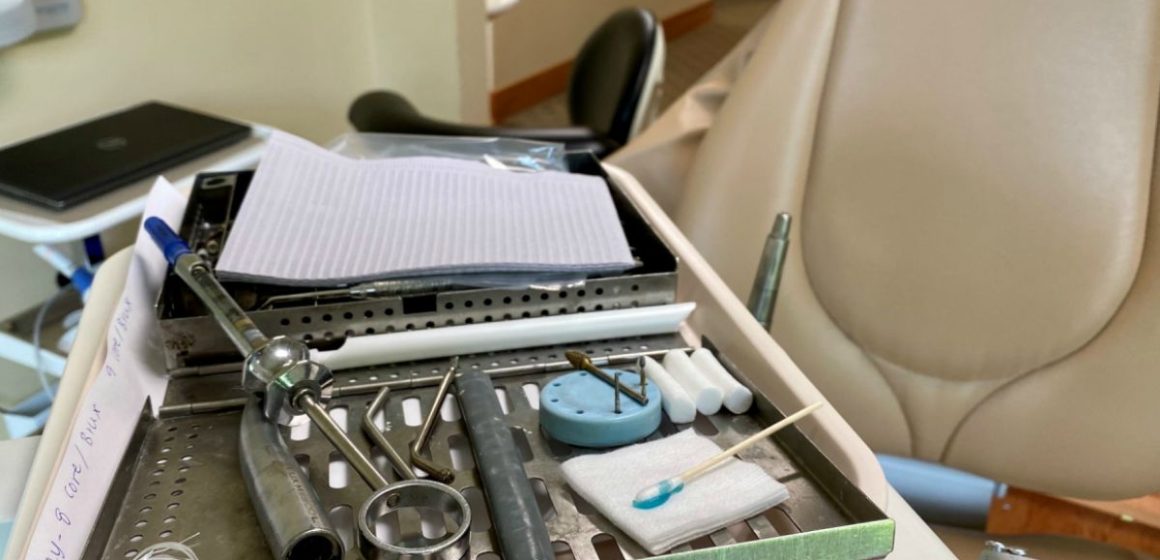Over half of the counties in Michigan are participating in a state initiative designed to reduce the amount of kids who have dental decay.
For some children in Michigan, the first year of school also entails a visit to the dentist. A new dental screening requirement for kindergarten kids, according to state health experts, is intended to identify tooth problems that may impact more than just learning.
“Dental problems can affect a child’s socialization, their sense of self-esteem, even their behavior. Kids often are unable to verbalize their oral pain, and it may manifest itself through negative behaviors”, according to Michele Kawabe, a public health specialist with the oral health section of the Michigan Department of Health and Human Services.
A dental screening is now mandatory for all Michigan children enrolled in their first year of school, according to a state law passed in December.
As part of the Kindergarten Oral Health Assessment Program, the Michigan Department of Health and Human Services provides financing assistance to county health departments.
According to Kawabe, 22% of children screened for dental decay between 2017 and 2018 who were enrolled in Michigan Head Start showed symptoms. From 2021 to 2022, that percentage increased to 33%.
“So that’s about 1/3 of our Head Start children who … here in the state, who have untreated tooth decay and tooth decay can really be an issue for kids because it can cause a lot of pain and that pain can make it really hard for kids to concentrate,” Kawabe stated.
According to her, the kindergarten oral health evaluation program is being implemented gradually with the intention of reducing dental decay in young children.
My Community Dental Centers’ Kim Singh stated that the organization has been collaborating with other health departments, including Allegan County, to carry out the evaluations.
According to Singh, a light and a disposable mirror are used for the screenings. Almost 600 assessments have been finished just this year.
“At our Allegan office, we have from January through July conducted 593 assessments and of those 79 had untreated decay or … observations that that they would be referred to a dentist. That’s about 14% a little lower than the state average. We also administer the program in Detroit and in that area we’ve seen about 37% of the children have untreated decay or urgent needs,” Singh stated.
Read Also: New Michigan Policy Raises Daily Power Outage Compensation to $40
Parents are provided with a list of dentists who are accepting new patients as soon as problems are identified. According to Singh, the program effectively fills the gap that exists between families and access to quality dental care.
By 2025, all 45 local health departments in the state should be a part of the initiative, according to state health officials.



Leave a Reply